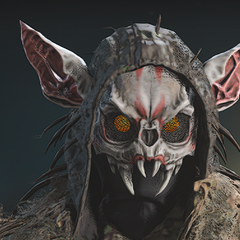New monitor to reduce eye fatigue - IPS vs TN; 60hz vs 100hz etc.
-
Featured Topics
-
Topics
-
jonrosalia ·
Posted in LTTStore.com Merch0 -
amir2927 ·
Posted in CPUs, Motherboards, and Memory0 -
4
-
rb19 ·
Posted in Graphics Cards1 -
2
-
yepnew ·
Posted in New Builds and Planning1 -
0
-
1
-
TukangKopi ·
Posted in Networking2 -
2
-


.png.255947720031a641abdac78e663b681c.png)














Create an account or sign in to comment
You need to be a member in order to leave a comment
Create an account
Sign up for a new account in our community. It's easy!
Register a new accountSign in
Already have an account? Sign in here.
Sign In Now